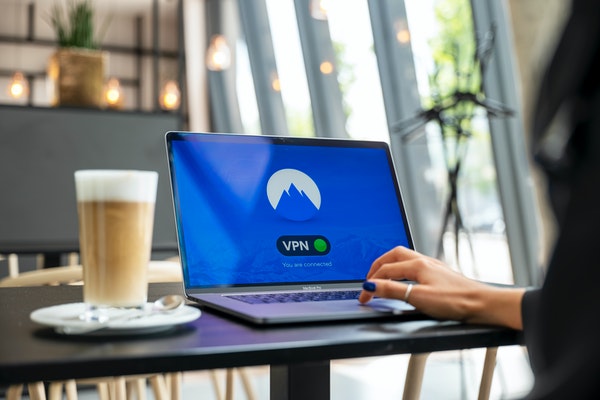The term “Virtual Private Network†describes a way to create a protected connection when using public networks.
With a VPN, your online activity is encrypted, and your identity is hidden. Third parties have difficulty tracking your online activities and stealing your information because of this.
Keeping your identity private online is the easiest and most convenient way to protect your internet traffic with a VPN (a virtual private network).
Internet traffic goes through an encrypted tunnel when you are connected to a VPN server, which means that nobody, not even hackers, can see into it.
How does a VPN work?
By rerouting your IP address through a VPN server, your IP address can be hidden. The result is that if you use a VPN while surfing the Internet, the VPN server will be the source of your data.
As a result, Internet Service Providers (ISP) and others cannot see which websites you visit or what data you send and receive online.
Your data is turned into gibberish by a VPN. Your data would still be worthless even if it were to end up in someone’s hands.
Benefits and advantages of VPN
By using a VPN, you can protect your online data from being viewed by other parties. Anyone who has access to a network and wants to view unencrypted data can do so. A VPN prevents hackers and cybercriminals from accessing this information.
1. Access to regional content
It is not always possible to access restricted online content from everywhere. Content on certain services and websites is only accessible from specific locations. Local servers in the country determine the location of your connection.
This means that you cannot access the content at home or traveling, and no one cannot access international content from home.
With VPN location spoofing, you can switch to a server in another country and effectively “change†your location.
2. Security encryption
Having an encryption key is essential for reading the data. Without one, computers would have a hard time deciphering the code if they used brute force attacks. Your online activities will be safely concealed even on public networks with the help of a VPN.
3. Hide your whereabouts
You can think of VPN servers as your online proxy servers. As demographic data for your location is gathered from an offshore server, we cannot pinpoint your location. Furthermore, most VPN services do not keep records of your activities.
However, others merely record your activity without passing it on to a third party. You will therefore be permanently protected from any record of your behavior as a user.
4. Data transfer security
It may be necessary for you to access important documents on your company’s network if you work remotely. Such information must be transmitted securely for security reasons.
To gain access to a network, a VPN connection is often required. Using VPNs reduces data leakage risks by connecting to private servers and encrypting data.
Conclusion
Secure Internet access can be achieved with VPNs. Virtual tunnels route all of your data traffic through the VPN. When you browse the Internet, it hides your IP address so that no one can identify its location.
A VPN connection also protects against external attacks. Only who has access to the encrypted tunnel is you. VPNs enable you to access restricted content from anywhere.
VPNs for smartphones that keep mobile data traffic anonymous are also available from many providers. VPNs protect and anonymize your internet traffic, but not your personal information.
VPNs don’t protect you from hacker attacks, Trojans, or viruses. It would help if you, therefore, used additional antivirus software.











